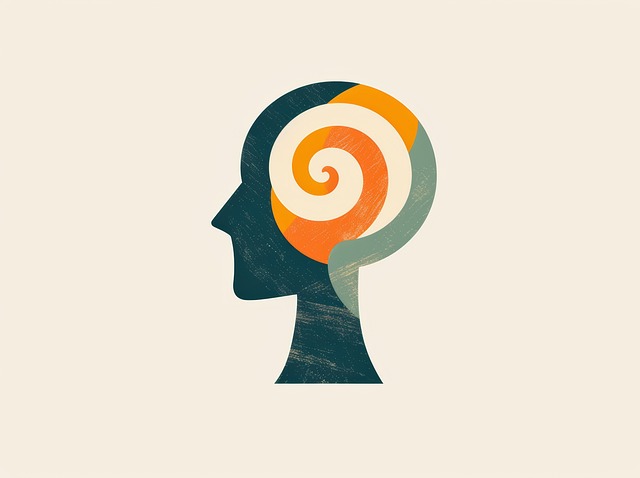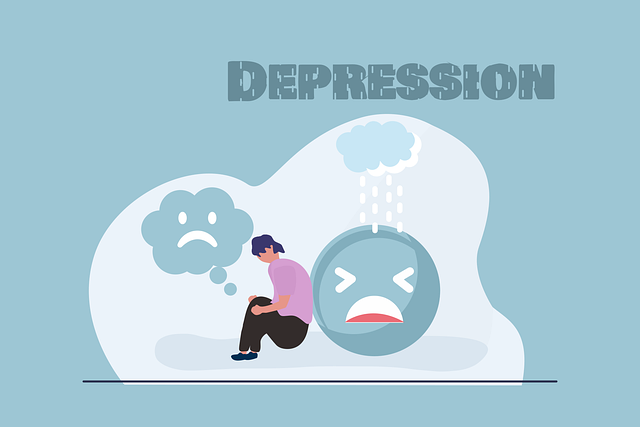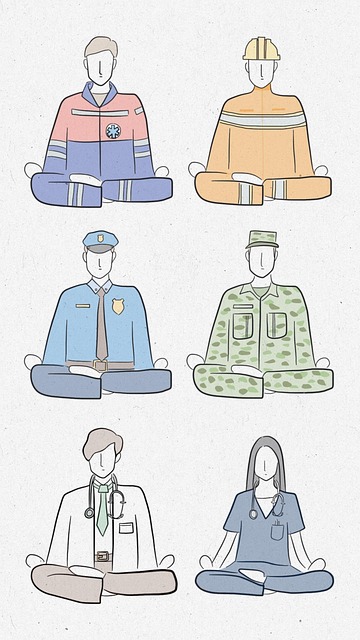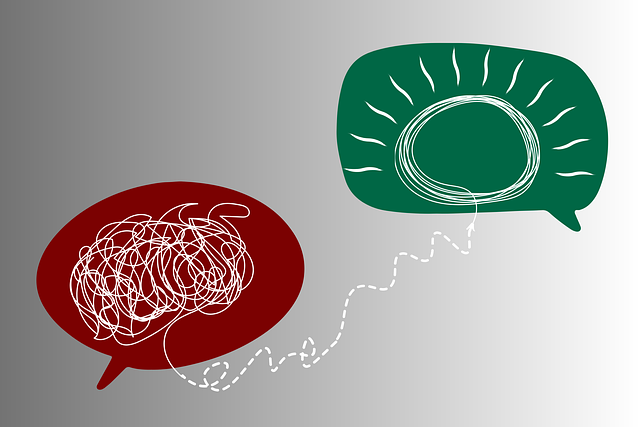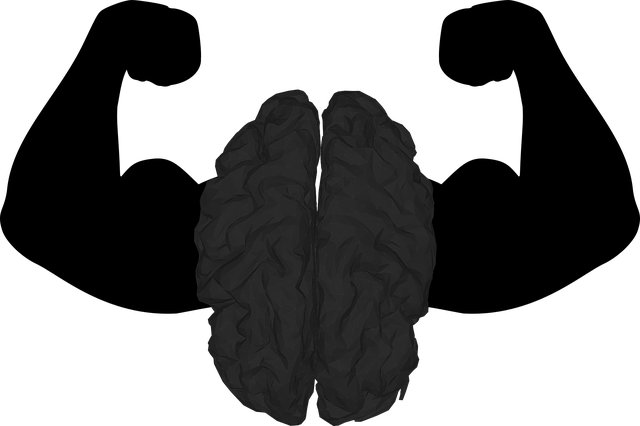"This article emphasizes the significance of mental wellness in older adults, highlighting tailored therapy sessions addressing specific relationship issues and life transitions. Emotional intelligence practices, compassion cultivation, stress management workshops, and support groups enhance self-awareness, empathy, and coping mechanisms. Cultural competency training for healthcare providers ensures sensitive support, while community outreach programs promote a sense of belonging. This holistic approach, focusing on individual needs, significantly improves therapy effectiveness, fostering emotional well-being and mood stabilization for elders dealing with relationship challenges."
Mood regulation strategies are essential tools for elders seeking to manage their emotional well-being. This article explores effective approaches to stabilize moods, focusing on common techniques and the unique role of social connections and therapy in addressing relationship issues prevalent among older adults. By understanding individual needs, tailored interventions can significantly enhance mental health outcomes, offering a personalized path to emotional equilibrium. We delve into these strategies, highlighting their importance for elders navigating the complexities of age-related challenges and relationship dynamics.
- Understanding Mood Regulation: Unraveling Common Strategies for Elders
- The Role of Social Connections and Therapy in Managing Relationship Issues
- Tailoring Interventions: Individualized Approaches for Effective Mood Stabilization
Understanding Mood Regulation: Unraveling Common Strategies for Elders

Understanding Mood Regulation: Unraveling Common Strategies for Elders
Mood regulation is a vital aspect of mental wellness, especially among older adults who may face unique challenges in maintaining emotional balance. For elders, navigating relationship issues and life transitions can significantly impact their mood and overall well-being. Therapy for elders plays a crucial role in helping them identify and employ effective strategies to manage their emotions. Common approaches include therapy sessions tailored to address specific concerns, such as loss, loneliness, or age-related changes.
One powerful tool is emotional intelligence (EI), which involves recognizing and understanding one’s own emotions and those of others. Compassion cultivation practices have also gained prominence, teaching individuals to cultivate empathy and kindness towards themselves and others. Additionally, stress management workshops and support groups organized by community centers or non-profit organizations offer safe spaces for elders to learn and practice coping mechanisms, fostering a sense of belonging and reducing feelings of isolation.
The Role of Social Connections and Therapy in Managing Relationship Issues

Social connections play a pivotal role in managing relationship issues among elders, serving as a crucial support system that fosters mental wellness. Strong social ties can help alleviate stress, offer valuable perspectives, and provide emotional comfort during challenging times. Therapy for elders with relationship problems further enhances these benefits by offering specialized care tailored to their unique needs.
Professional therapy sessions, particularly those focused on relationship issues, empower individuals to explore underlying conflicts, improve communication skills, and develop healthier coping mechanisms. Mental Wellness Coaching Programs Development and Mental Health Policy Analysis and Advocacy highlight the importance of accessible and inclusive therapeutic services for elders. By addressing relationship challenges through therapy, elders can cultivate positive thinking and enhance their overall mental health, ensuring a better quality of life as they navigate the complexities of interpersonal relationships.
Tailoring Interventions: Individualized Approaches for Effective Mood Stabilization

In addressing mood regulation strategies, a key aspect often overlooked is the significance of tailoring interventions to meet individual needs. Each person’s emotional landscape is unique, shaped by personal history, cultural background, and specific relationship dynamics. For elders, who may have experienced significant life changes or challenges in maintaining social connections, tailored approaches become even more critical. Therapy for elders dealing with relationship issues should incorporate cultural competency training for healthcare providers to ensure sensitive and effective support. By understanding the nuances of their client’s backgrounds, therapists can offer personalized strategies that resonate with individual experiences, making therapy more engaging and ultimately enhancing mood stabilization.
Community outreach programs have also proven beneficial in this context. Implementing these initiatives enables elders to connect with peers who share similar challenges, fostering a sense of belonging and support. Moreover, integrating self-care practices into the mix empowers individuals to take an active role in their emotional well-being. This holistic approach, considering cultural competency training for healthcare providers, community outreach programs, and self-care, can significantly improve mood regulation strategies for elders navigating relationship issues.
Mood regulation strategies tailored to elders’ unique needs, including individualized therapy for relationship issues and social connection cultivation, prove essential in managing emotional well-being. By understanding common challenges and employing personalized interventions, we can significantly enhance the stabilization of mood among this demographic. Incorporating these strategies into care plans ensures a holistic approach, fostering resilience and improving overall quality of life for elders. For effective support, consider the powerful combination of social connections and tailored therapy to address relationship issues, offering a promising path towards emotional equilibrium.


